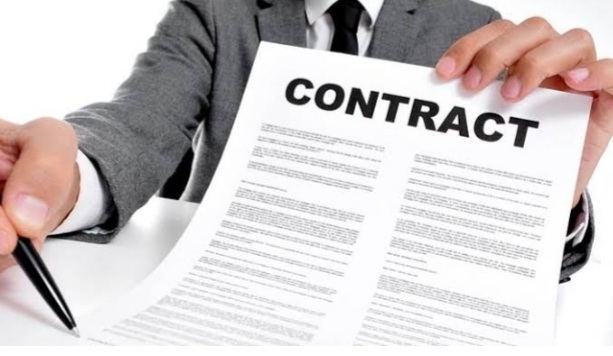Lake Properties Lake Properties
Here's a detailed breakdown of your rights, obligations, and the implications of excluding children from your will in South Africa, along with some legal context and real-world considerations:
⚖️ 1. Freedom of Testation in South African Law
South African law is based on the principle of freedom of testation, which means you are legally allowed to leave your assets to anyone you choose in your will.
You are not obligated to leave your property to your children.
You can name your spouse, life partner, friends, a charity, or even a stranger as your heir. However, this right is not absolute—there are protections in place for certain individuals, especially dependants.
👶 2. Minor and Dependent Children: Legal Protections
Even if you exclude your child in your will, the law provides protections for children who:
- Are under 18 years old (minors)
- Were financially dependent on you (even adult children)
Under the Maintenance of Surviving Spouses and Dependants Act, a dependent child can claim from your estate if:
- You were legally or morally obligated to support them while alive
- They can demonstrate ongoing need for support (e.g. schooling, housing, food)
The Master of the High Court and the courts have discretion to allocate funds from your estate to satisfy these maintenance claims—even if you wrote otherwise in your will.
🧾 3. When There Is No Valid Will (Intestate Succession)
If you die without a valid will, the Intestate Succession Act automatically applies. In this case:
- Your children become legal heirs
- Your spouse and children share the estate in a set proportion
- If there is no spouse, the children inherit everything equally
- If a child has died but left children (your grandchildren), they inherit in place of their parent
This law does not apply if you have a valid, signed will.
🕌 4. Religious or Customary Law Considerations
In communities where Islamic, Hindu, or Customary Law is practiced, people may wish their estate to be divided according to those rules. For example:
- Under Islamic (Sharia) law, specific shares must go to spouses, children, and sometimes siblings or parents
- If a will contradicts Sharia, family members may challenge it in court or the estate may be informally divided according to religious rules
- Customary Law (e.g., for traditional African families) may involve patriarchal inheritance systems, although the courts increasingly favour Constitutional equality and freedom of testation
You may follow religious law in your will, but it’s not legally enforceable unless it’s properly drafted and doesn’t violate constitutional principles.
💬 5. Practical Considerations and Risk of Disputes
If you exclude your children or leave them a very small inheritance:
- They may contest the will (especially if they were dependants)
- They could claim you were coerced, not of sound mind, or unduly influenced
- They could also bring a maintenance claim under common law or statutes
To minimise legal challenges:
- Clearly state your reasoning in the will (e.g. “I am not leaving any property to my son X because…”)
- Write a separate Letter of Wishes explaining your decision
- Consult a lawyer to ensure the will is valid and defensible
✅ 6. What You Should Do If You Don’t Want to Leave Property to Your Children
- Create a valid will: Signed, dated, and witnessed according to South African law.
- Be specific: Clearly indicate how your estate should be divided.
- Address dependants: Make provision for anyone who relies on you financially to reduce the risk of claims.
- Explain exclusions: Either in the will or in a separate document.
- Consider trusts: If you want to control how assets are used after your death, especially for vulnerable or irresponsible beneficiaries.
Summary
| Aspect |
Legal Position in SA |
|---|---|
| Must I give property to children? | ❌ No, unless they are dependants |
| Can children be excluded? | ✅ Yes, with caution and proper explanation |
| Can children claim against estate? | ✅ If they are minors or dependants |
| Can religious/customary law override my will? | ❌👋automatically, unless clearly structured |













